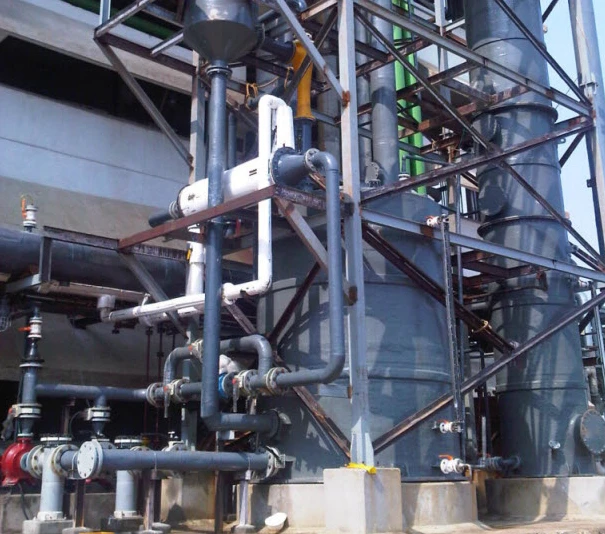Khmer
- Afrikaans
- Albanian
- Amharic
- Arabic
- Armenian
- Azerbaijani
- Basque
- Belarusian
- Bengali
- Bosnian
- Bulgarian
- Catalan
- Cebuano
- Corsican
- Croatian
- Czech
- Danish
- Dutch
- English
- Esperanto
- Estonian
- Finnish
- French
- Frisian
- Galician
- Georgian
- German
- Greek
- Gujarati
- Haitian Creole
- hausa
- hawaiian
- Hebrew
- Hindi
- Miao
- Hungarian
- Icelandic
- igbo
- Indonesian
- irish
- Italian
- Japanese
- Javanese
- Kannada
- kazakh
- Khmer
- Rwandese
- Korean
- Kurdish
- Kyrgyz
- Lao
- Latin
- Latvian
- Lithuanian
- Luxembourgish
- Macedonian
- Malgashi
- Malay
- Malayalam
- Maltese
- Maori
- Marathi
- Mongolian
- Myanmar
- Nepali
- Norwegian
- Norwegian
- Occitan
- Pashto
- Persian
- Polish
- Portuguese
- Punjabi
- Romanian
- Russian
- Samoan
- Scottish Gaelic
- Serbian
- Sesotho
- Shona
- Sindhi
- Sinhala
- Slovak
- Slovenian
- Somali
- Spanish
- Sundanese
- Swahili
- Swedish
- Tagalog
- Tajik
- Tamil
- Tatar
- Telugu
- Thai
- Turkish
- Turkmen
- Ukrainian
- Urdu
- Uighur
- Uzbek
- Vietnamese
- Welsh
- Bantu
- Yiddish
- Yoruba
- Zulu
Telephone: +86 13120555503
Email: frank@cypump.com
ធ្នូ . 09, 2024 17:36 Back to list
Choosing the Right Pumps for Efficient Septic System Performance and Maintenance
Pumps for Septic Systems Importance, Types, and Maintenance
Septic systems are essential components for wastewater management, particularly in rural and semi-urban areas where municipal sewage systems are not available. These systems rely heavily on septic tanks, fields, and pumps to treat and disperse wastewater effectively. Pumps for septic systems play a crucial role in ensuring that wastewater is treated efficiently, and understanding their functions, types, and maintenance is vital for homeowners and property managers.
Importance of Pumps in Septic Systems
Septic systems are designed to handle solid waste and wastewater from households. In many cases, gravity alone cannot move the wastewater from the septic tank to the drain field, especially in properties with uneven terrain or where the drain field is positioned higher than the septic tank. This is where pumps come into play. They help lift wastewater from the tank and push it into the drain field or, in more complex systems, redirect it to additional treatment processes.
Effective pumping is vital for several reasons 1. Preventing Backups A well-functioning pump prevents wastewater from backing up into the home, which can cause significant health hazards and costly repairs. 2. Maintaining System Functionality Pumps help maintain proper flow rates in the septic system, allowing it to operate efficiently and prolonging its lifespan. 3. Environmental Protection Properly functioning pumps prevent overflow and leaks, which can contaminate groundwater and harm local ecosystems.
Types of Pumps for Septic Systems
There are several types of pumps used in septic systems, each designed for specific functions
1. Effluent Pumps These pumps are used to move liquid effluent from the septic tank to the drain field. Effluent pumps are submersible and usually have a smaller capacity compared to other types, making them ideal for pushing treated wastewater into distributed areas.
2. Sump Pumps While primarily used to remove water collected in a sump pit, sump pumps can also be employed in septic systems to manage excess water that can cause flooding or overflow.
3. Grinder Pumps These pumps are designed to grind solid waste into a fine slurry before it is pumped to the drain field or a treatment facility. They are typically used in systems where the effluent needs to travel a significant distance or where the elevation change is substantial.
pumps for septic systems

4. Macertor Pumps Similar to grinder pumps, macerator pumps break down solid waste but provide additional capability for handling larger solids. They are often found in larger, more complex septic systems.
Maintenance of Septic System Pumps
Regular maintenance of septic system pumps is crucial for ensuring their longevity and effectiveness
. Here are some maintenance tips1. Regular Inspections Check the pump and associated components regularly, looking for signs of wear, leaks, or electrical issues. This should ideally be done at least once a year by a professional.
2. Professional Servicing Schedule professional pumping and servicing of the septic system at least every three to five years to prevent issues before they arise.
3. Watch for Warning Signs Be attentive to signs that the pump may be failing, such as unusual noises, slow drains, or sewage backups.
4. Avoid Chemical Drain Cleaners Use of harsh chemicals can damage the pump and disrupt the natural bacterial balance in the septic system.
5. Control Waste Be mindful of what goes down the drain. Minimizing the introduction of non-biodegradable materials or excessive oils can prolong the life of the pump and the septic system overall.
Conclusion
In summary, pumps for septic systems are crucial for effective wastewater management, especially in areas where gravity flow is inadequate. By understanding the types of pumps available and ensuring proper maintenance practices, homeowners can significantly enhance the efficiency and lifespan of their septic systems. Properly cared for, these systems can provide reliable service for many years, safeguarding both health and the environment.
-
Heavy-Duty Mining Sludge Pumps - Wear-Resistant Slurry Handling
NewsAug.02,2025
-
Horizontal Split Case Pump with GPT-4 Turbo | High Efficiency
NewsAug.01,2025
-
ISG Series Pipeline Pump - Chi Yuan Pumps | High Efficiency, Durable Design
NewsAug.01,2025
-
Advanced Flue Gas Desulfurization Pump with GPT-4 Turbo | Durable & Efficient
NewsJul.31,2025
-
ISG Series Vertical Pipeline Pump - Chi Yuan Pumps | Advanced Hydraulic Design&Durable Construction
NewsJul.31,2025
-
ISG Series Vertical Pipeline Pump - Chi Yuan Pumps | Energy Efficient & Low Noise
NewsJul.31,2025










